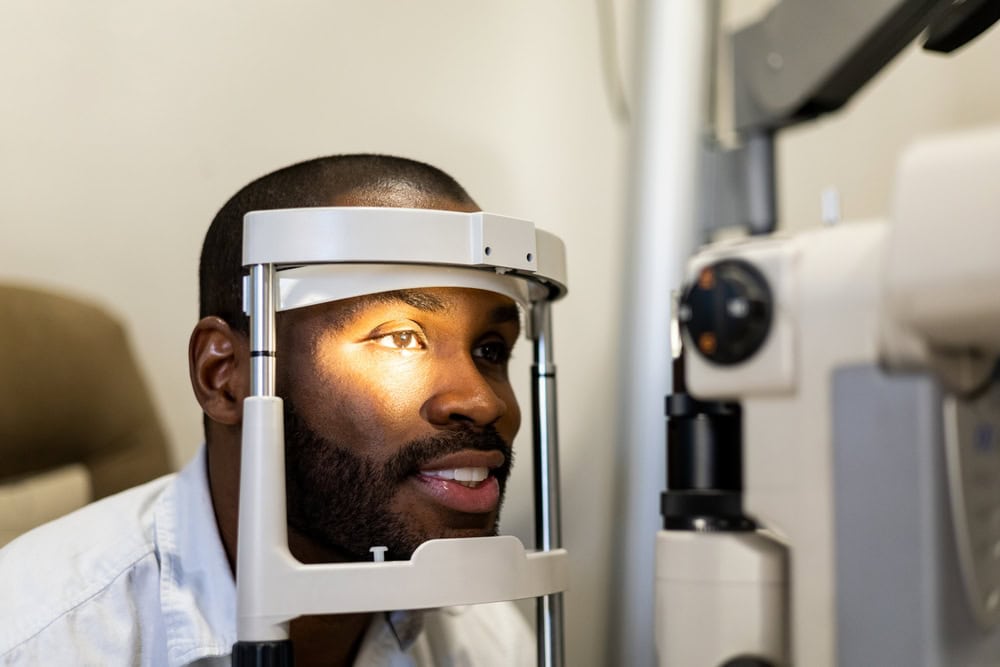Are You at Risk for Glaucoma? Key Factors to Consider

Glaucoma is one of the leading causes of vision loss, often progressing without symptoms until significant damage has already occurred. The knowledgeable eye doctors at Tres Vision Group specialize in diagnosing and managing glaucoma, helping patients protect their vision before it’s too late. Understanding your risk factors for glaucoma is crucial in preventing irreversible vision loss.
Age and Family History
Glaucoma is more common as you age, particularly after 60. However, if you have a family history of glaucoma, your risk increases even earlier. Genetic factors play a significant role, and those with parents or siblings who have glaucoma should be especially vigilant about routine eye exams.
Elevated Eye Pressure (IOP)
One of the primary risk factors for glaucoma is increased intraocular pressure (IOP). When fluid in the eye doesn’t drain properly, it can build up and put pressure on the optic nerve. This pressure can lead to nerve damage and gradual vision loss. While you are unlikely to notice IOP on your own, regular eye exams help monitor IOP and detect issues early.
Ethnicity and Race
Certain ethnic backgrounds have a higher likelihood of developing glaucoma. African Americans are at an increased risk of primary open-angle glaucoma, the most common form of glaucoma, and often develop it earlier in age than other groups. People of Hispanic and Asian descent are also at higher risk for certain types of glaucoma.
Medical Conditions and Lifestyle Factors
Individuals with diabetes, high blood pressure, or cardiovascular diseases have a greater chance of developing glaucoma. Additionally, lifestyle factors such as smoking, prolonged steroid use, and even excessive caffeine consumption may contribute to higher eye pressure. Maintaining overall health and staying active can play a role in reducing risk.
Thin Corneas and High Myopia
People with thin corneas or severe nearsightedness (high myopia) may have an increased risk of glaucoma. These structural factors make the eye more vulnerable to pressure changes and optic nerve damage. If you fall into this category, your eye doctor may recommend more frequent screenings.
Protecting Your Vision
Glaucoma cannot be reversed, but early detection and treatment can prevent significant vision loss. Routine eye exams, particularly if you have any risk factors, are the best way to catch the disease in its early stages. Treatments such as medicated eye drops, laser therapy, and minimally invasive glaucoma surgery (MIGS) can help manage the condition effectively.
If you have concerns about your risk for glaucoma, the ophthalmologists and optometrists at Tres Vision Group in Melbourne, Merritt Island, and Suntree, FL can help. Call (321) 984-3200 to schedule an appointment.
